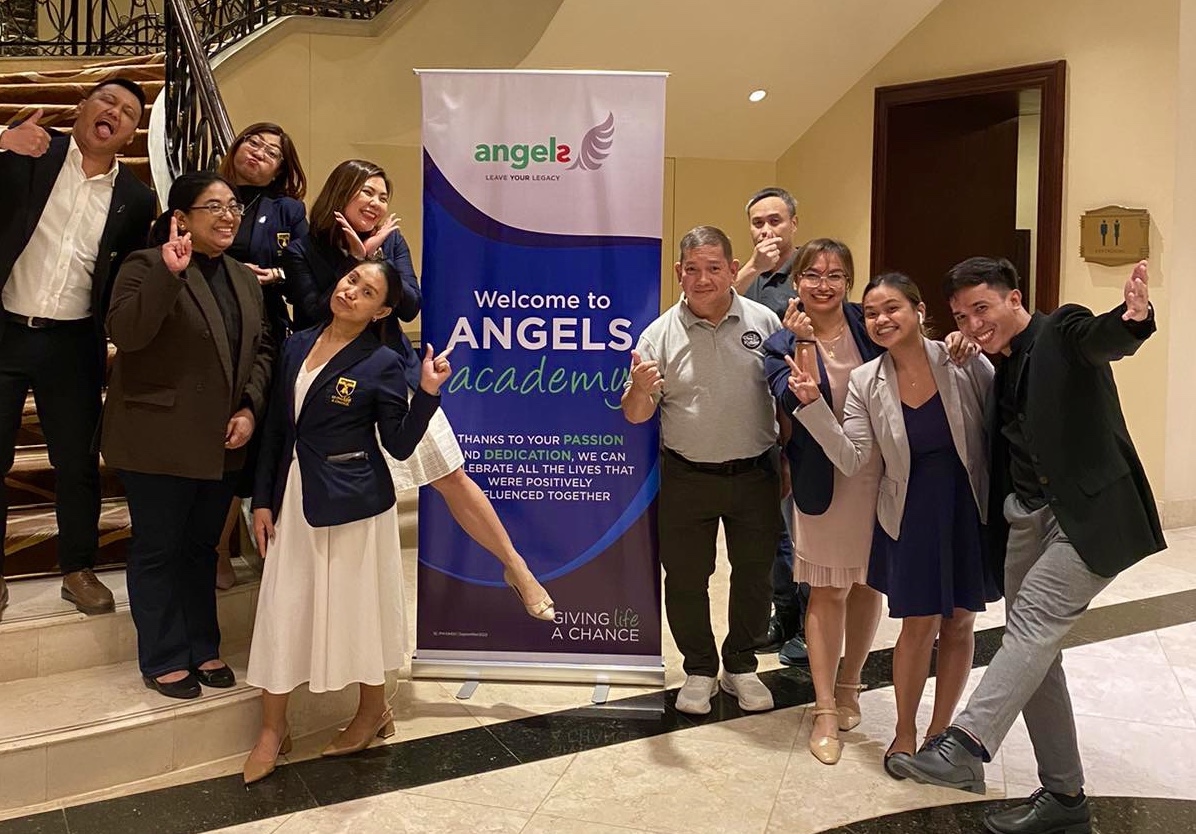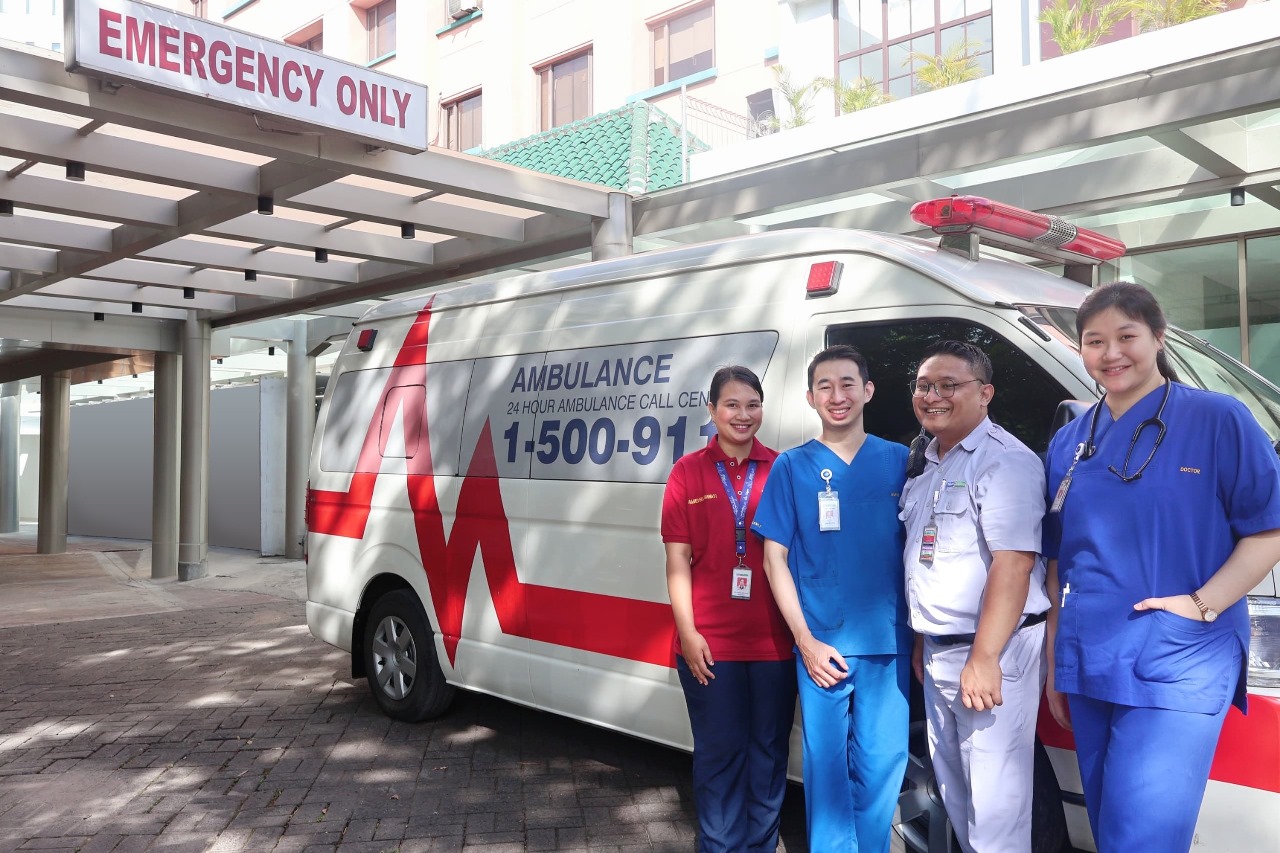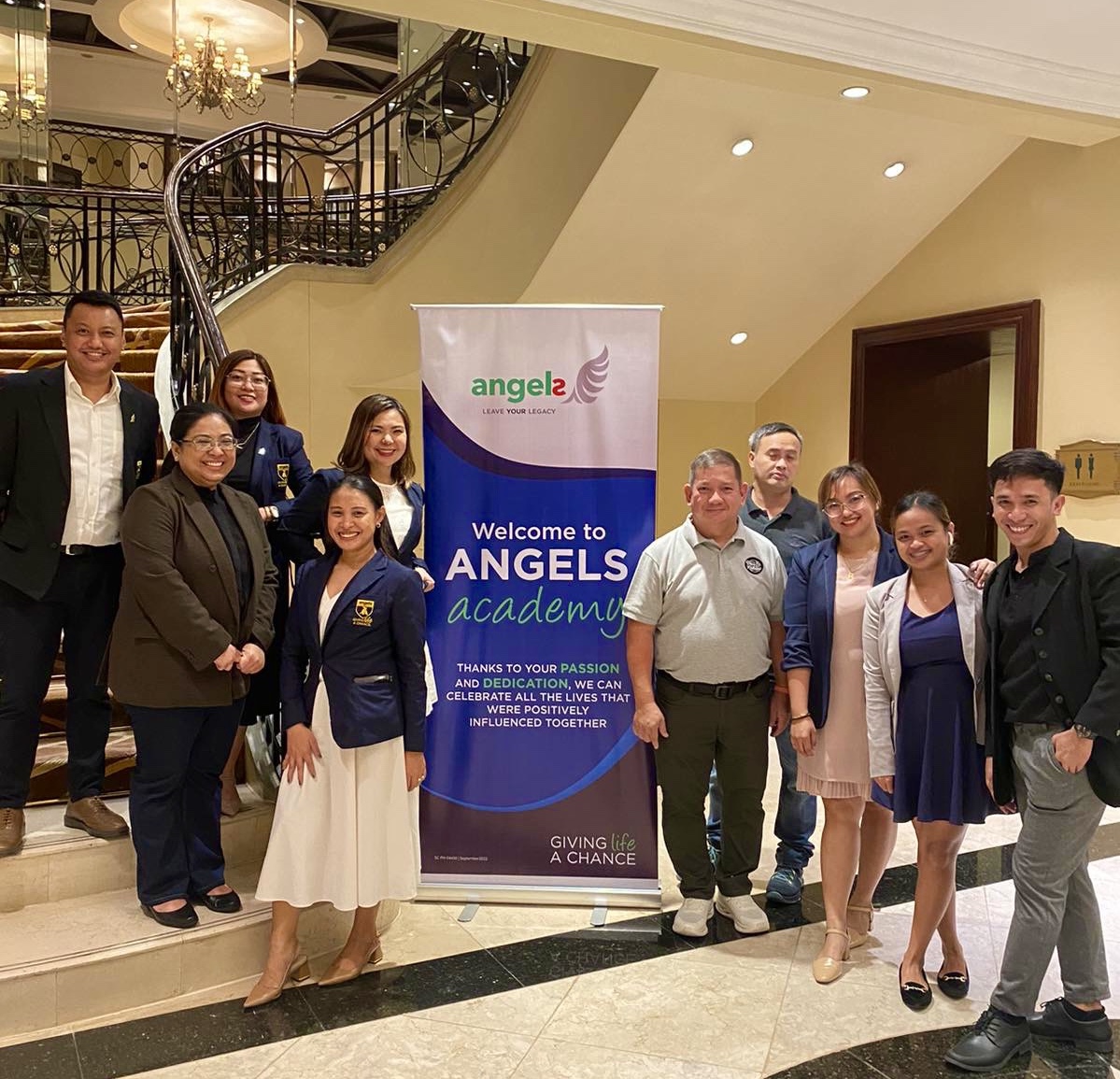
“Có những điều đã biết và có những điều chưa biết, và ở giữa là những cánh cửa của nhận thức.” Câu trích dẫn này, được cho là của nhà văn người Anh Aldous Huxley, đưa ra một phép ẩn dụ cho ý tưởng rằng nhận thức khiến chúng ta không biết nhiều hơn những gì chúng ta đã biết.
Ví dụ, nhận thức rằng một điều gì đó khó khăn có thể ngăn cản chúng ta thậm chí cố gắng làm chủ nó.
Mở cánh cửa nhận thức là mục tiêu chính của một cuộc họp quan trọng của các chuyên gia chăm sóc đột quỵ tại thủ đô của Philippines trên 15. tháng bảy 2023. Trong chương trình nghị sự: khơi dậy văn hóa theo dõi chất lượng trong các bệnh viện sẵn sàng cho đột quỵ bằng cách cung cấp đào tạo thực hành về cách thức – và lý do – để sử dụng chương trình Đăng kí sổ bộ cải thiện chất lượng chăm sóc đột quỵ, RES-Q.
Kết quả sẽ rõ ràng trong vòng chưa đầy một tháng khi một số bệnh viện tham gia đủ điều kiện nhận Giải Giải thưởng Angels WSO.
Giám sát chất lượng là một phần của dự án đầy tham vọng của Hiệp hội Đột quỵ Philippines (SSP) và Sáng kiến Angels nhằm tăng số lượng bệnh viện sẵn sàng cho đột quỵ trong nước và tối ưu hóa chất lượng chăm sóc đột quỵ tại các trung tâm đột quỵ hiện có. Đây cũng là một yêu cầu đối với Chương trình Chứng nhận Bệnh viện Sẵn sàng cho Đột quỵ Cấp tính (ASRH) mà SSP đã triển khai vào đầu năm 2023.
Các bệnh viện tìm kiếm chứng nhận phải chứng minh rằng họ có năng lực và cơ sở hạ tầng để cung cấp dịch vụ chăm sóc kịp thời, dựa trên bằng chứng cho bệnh nhân đột quỵ cấp tính. Để đạt được chứng nhận ban đầu, các bệnh viện phải có một nhóm đột quỵ cấp tính, khả năng chẩn đoán hình ảnh và xét nghiệm trong phòng thí nghiệm và khả năng bị huyết khối. Các tiêu chí bổ sung để được công nhận đầy đủ bao gồm có các quy trình về đột quỵ bằng văn bản, kế hoạch giáo dục về đột quỵ hàng năm và bằng chứng về việc thu thập dữ liệu và sử dụng dữ liệu để cải thiện hiệu suất. Tiêu chí cuối cùng này là nội dung cuộc họp tháng 7.
SSP đã thông qua và xác nhận RES-Q để theo dõi chất lượng - và là một trong những công ty đầu tiên làm như vậy ở cấp quốc gia - nhưng trưởng nhóm Angels, Krissy Avestro và nhóm của cô đã phải đối mặt với một cuộc chiến khó khăn vượt qua những nhận thức rằng việc sử dụng RES-Q rất phức tạp và tốn thời gian.
“Phải mất một thời gian dài”, cô nói. “Trong ba năm, chúng tôi sẽ đăng ký một bệnh viện ở đây và hai bệnh viện ở đó.” Nhưng quan hệ đối tác mở rộng với SSP đã tạo ra tất cả sự khác biệt.
Chương trình SSP-ASRH cung cấp một nền tảng cho sự can thiệp của quốc gia để thiết lập giám theo dõi chất lượng tại các bệnh viện được chứng nhận, và cuộc họp vào ngày 15 tháng 7 là một phần quan trọng của chiến lược đó. Với sự tham dự của đại diện của 47 bệnh viện được chứng nhận ASRH và được các nhà lãnh đạo trong cộng đồng đột quỵ Philippines đề cập, đây là cơ hội để thắp nhiều ngọn nến bằng một ngọn lửa.
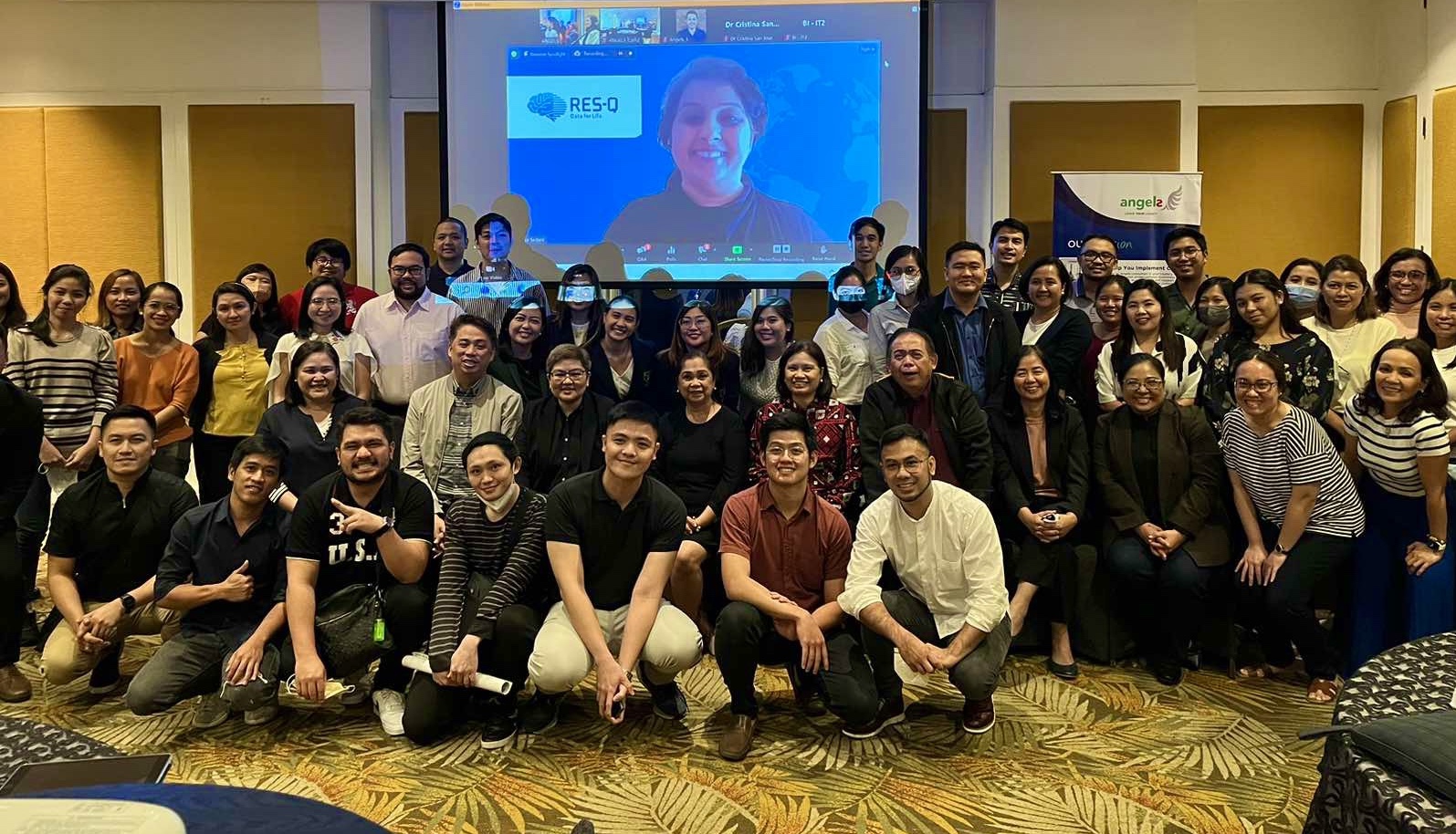
Chương trình nghị sự mang tên của hai cựu đề cử Tinh thần xuất sắc của WSO – Chủ tịch SSP hiện tại, Tiến sĩ Maria Socorro Sarfati và cựu chủ tịch, Tiến sĩ Epifania Collantes. Họ đã tham gia cùng với một cựu chủ tịch SSP khác, Tiến sĩ Cristina San Jose, một người tin vào Sáng kiến Thiên thần ngay từ đầu, người chia sẻ vai trò điều phối viên quốc gia RES-Q với Tiến sĩ Collantes. Krissy nói: “Việc có những người ủng hộ đột quỵ có ảnh hưởng này trên tàu đã tạo ra tác động lớn đến vị trí hiện tại của chúng ta với tư cách là một quốc gia”.
Bài phát biểu khai mạc của Tiến sĩ Sarfati nhấn mạnh tầm quan trọng của việc theo dõi chất lượng đối với một chiến lược quốc gia mạch lạc, tiếp theo là thông điệp từ Chủ tịch Tổ chức Đột quỵ Thế giới (WSO), Giáo sư Sheila Martins khẳng định WSO ủng hộ SSP và quan hệ đối tác với Angels.
Tiếp theo, Bác sĩ San Jose đã giới thiệu RES-Q và Giải Giải thưởng Angels và thảo luận về kiểm toán và cải thiện chất lượng để thu hẹp khoảng cách về kiến thức hành động trong chăm sóc đột quỵ. Bà đã được Tiến sĩ Collantes thành công tại bục diễn thuyết, người đã kêu gọi các bệnh viện chia sẻ dữ liệu của họ một cách nhất quán và không chỉ khi nó đáp ứng các tiêu chuẩn giải thưởng. Bà cho biết, các giải thưởng là sự đóng băng trên chiếc bánh, nhưng cần có dữ liệu toàn diện để theo dõi tiến độ chăm sóc đột quỵ với tư cách là một quốc gia. “Chúng tôi cần dữ liệu thực để có thể giải quyết những lỗ hổng thực sự.”
Các đại biểu đã được giới thiệu để chuẩn bị dữ liệu cho ba đến năm trường hợp đột quỵ liên tiếp từ bệnh viện của họ cho hội thảo đào tạo RES-Q được tiến hành từ xa bởi quản lý toàn cầu của RES-Q, Rupal Sedani và được hỗ trợ bởi các chuyên gia tư vấn của Angels tại chỗ.
Hội hội thảo là một sự kiện mở mắt cho các đại biểu trước đây tin rằng việc đăng ký dữ liệu trong RES-Q là phức tạp và phức tạp.
“Một khi họ đã thử, họ có thể tự mình thấy dữ liệu của họ không khó như vậy”, Krissy nói. “Họ nghĩ rằng điều đó rất phức tạp, nhưng trong quá trình hội thảo, họ phát hiện ra rằng không phải vậy. Chúng tôi có thể cảm nhận được sự phấn khích của họ.”
Tác động tiềm ẩn của việc thu thập dữ liệu đối với chất lượng chăm sóc đột quỵ cũng được thể hiện rõ ràng ngay lập tức. Một phân tích ban đầu đã cung cấp cho các đại biểu thông tin về các deviaton trong phác đồ gây chậm trễ trong việc chăm sóc đột quỵ tại bệnh viện của họ. Trong trường hợp phân tích ban đầu này chỉ ra tiềm năng về tình trạng phần thưởng, các đại biểu đã rời khỏi dự định cuộc họp để đáp ứng thời hạn cho phần thưởng quý hai.
Trong bài phát biểu bế mạc của mình, Tiến sĩ San Jose đã cung cấp thêm thông tin chi tiết về cách sử dụng dữ liệu bên cạnh việc khắc phục sự cố hiệu suất thấp, theo dõi tiến độ và nhận được sự công nhận. Bà cho biết, dữ liệu cũng hữu ích cho nghiên cứu trong tương lai, cũng như thúc đẩy các nguồn lực cần thiết để cung cấp chất lượng chăm sóc cao nhất cho bệnh nhân đột quỵ.
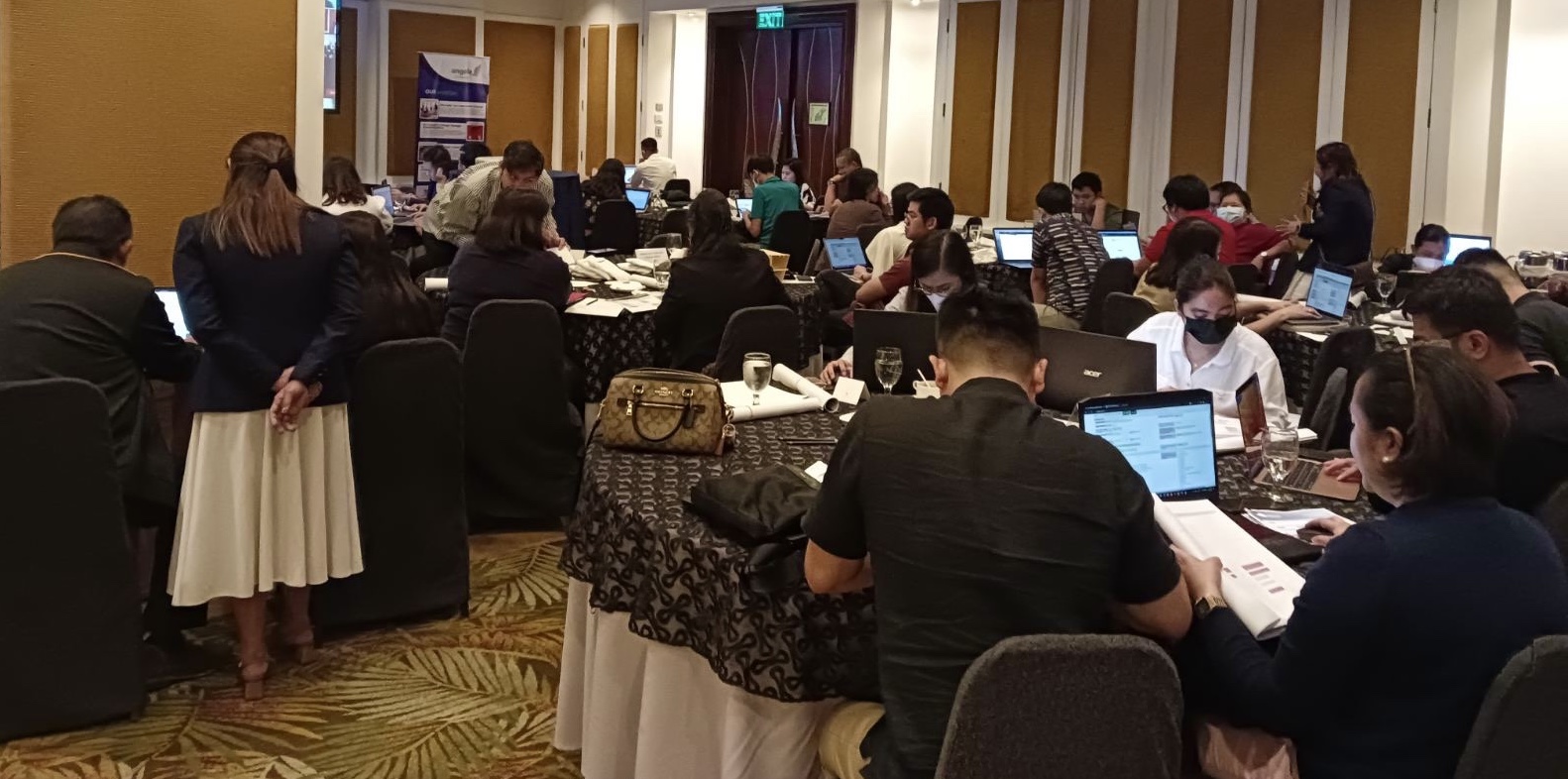
NẾU mở khóa cánh cửa nhận thức là mục tiêu, phản hồi sau sự kiện chỉ ra rằng cuộc họp này là chìa khóa. Không chỉ có nhiều bệnh viện liên hệ với nhóm Angels để được hỗ trợ, mà chỉ một tháng đào tạo RES-Q, Giải thưởng Angels của WSO đã kể câu chuyện. Trung tâm Y tế Makati chuyển từ bạch kim sang kim cương và bốn bệnh viện thực sự đã xuất hiện lần đầu tiên trên sân khấu giải thưởng trong quý 2 năm 2023 – Trung tâm Y tế Bệnh viện Châu Á, Trung tâm Y tế Khu vực Đào tạo Ilocos, Tiến sĩ. Paulino J. Garcia Memorial Research and Medical Center, và St. Lukes Medical Center – Thành phố Quezon. Tất cả họ đều đã tham gia khóa đào tạo RES-Q, và giờ đây đã trở thành nguồn cảm hứng cho số lượng ngày càng tăng các bệnh viện được WSO Angels công nhận và ưu tiên giám theo dõi chất lượng.
Trong khi trước khi họ gặp khó khăn trong việc thuyết phục các bệnh viện coi RES-Q là một nền tảng theo dõi chất lượng, nhóm Angels ở Philippines giờ đây có thể tin tưởng vào việc có nhà vô địch RES-Q tại các bệnh viện trên toàn quốc, Krissy phản ánh trên LinkedIn.
Những nhà vô địch đó sẽ không đi một mình: “Nhóm Angels và SSP sẽ tiếp tục làm việc cùng nhau”, Krissy nói, “Và chúng tôi sẽ tiếp tục đi bộ cùng các bệnh viện, vì lợi ích của tất cả các bệnh nhân đột quỵ và những người thân yêu của họ ở đất nước chúng tôi.”
